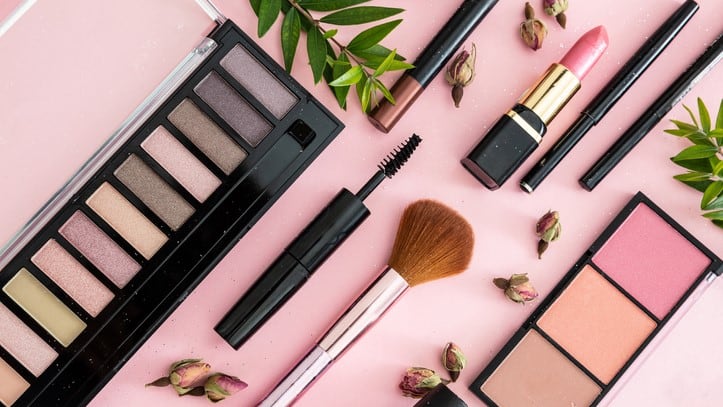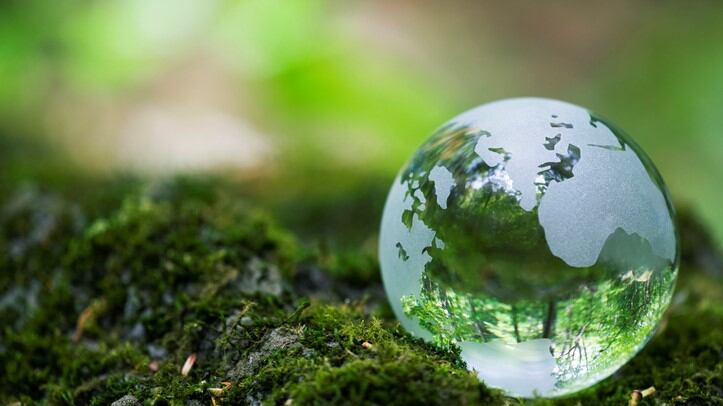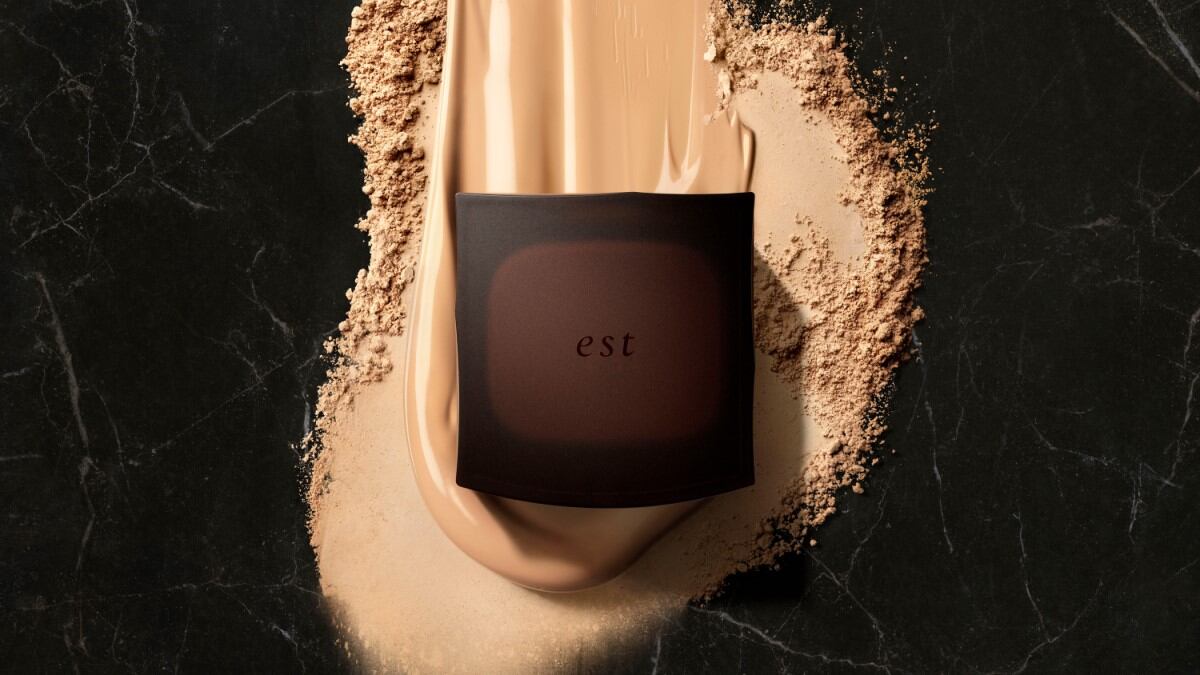The company has observed a rising demand for make-up in the region, thanks to the emergence of new independent make-up brands, said Cedric Toh, regional marketing manager SEA, Australia & New Zealand.
“As our consumers in South East Asia start to climb the socio-economic ladder, once they take care of the basic cleanliness, they want to spend more money on colour.”
He elaborated that the COVID-19 pandemic was a huge driver of the make-up boom as well.
“Many brands are selling through social media because it boomed during the pandemic. Because of that, a lot of them go for colour cosmetics because its fast-moving and trendy. Just look at Indonesia, there are a lot of indie brands in colour cosmetics.
The increased competition is in turn driving the demand for more innovative products.
“We're seeing a lot of indie brands wanting to learn and propose a more sophisticated product landscape to consumers,” said Isabel Almiro do Vale, global marketing and strategy director.
The company believes there is still a huge opportunity for these make-up brands to move towards more natural and sustainable formulations.
“In colour, there’s still a lot of synthetic materials so we are trying to introduce and educate the market more on more naturals,” said Toh.
Furthermore, Almiro do Vale believes that make-up products are a wonderful category to experiment with new ideas.
“It’s easier to start innovating with colour cosmetics. The consumer is more aware of trends and willing to experiment more. It’s slightly more difficult to talk sustainability with the hygiene category, like shampoos. In those market, people are more concerned with the cost.”
In light of this, the company reconfigured its ECOllaboration kits, which proposed products that were a minimum of 90% natural, towards colour cosmetics.
“In Europe, we launched the ECOllaboration kits that are all about sustainability and ecology. It weighed a lot on hair care and skin care. The local team took that kit and created a make-up kit because in the current region, what we see is a really dynamic colour cosmetics market and you can really have a differentiated proposition,” explained Almiro do Vale.
Combating greenwashing
A major challenge that faces not just Dow, but the entire cosmetics industry, is the prevalence of greenwashing, Almiro do Vale added.
“There are a lot of ways of saying you’re sustainable, so we have to be very thorough in our assessments. Some technologies might be biobased but not biodegradable, some might not have ISO certification but EcoCert. The challenge is making those decisions as a company.”
She explained that the company has three core criteria – carbon footprint, safety and circularity – which help them make its sustainable decisions, which it in turn can pass on to its customers.
“Many brand owners we talk to are actually very excited about sustainability and they wanted to learn more. It's actually our job to work with the brand owners and help them to communicate the right messages to the consumer,” Toh said.





